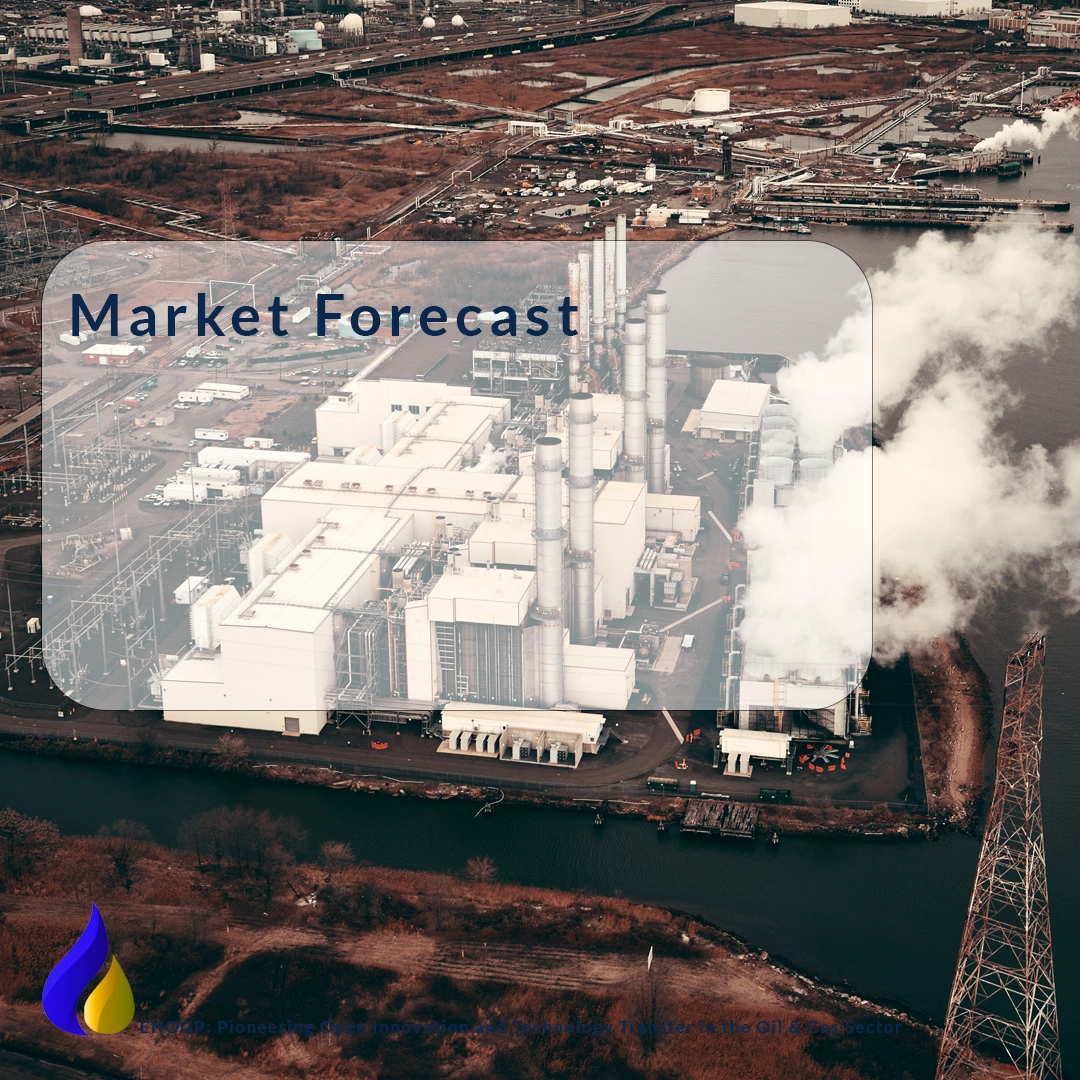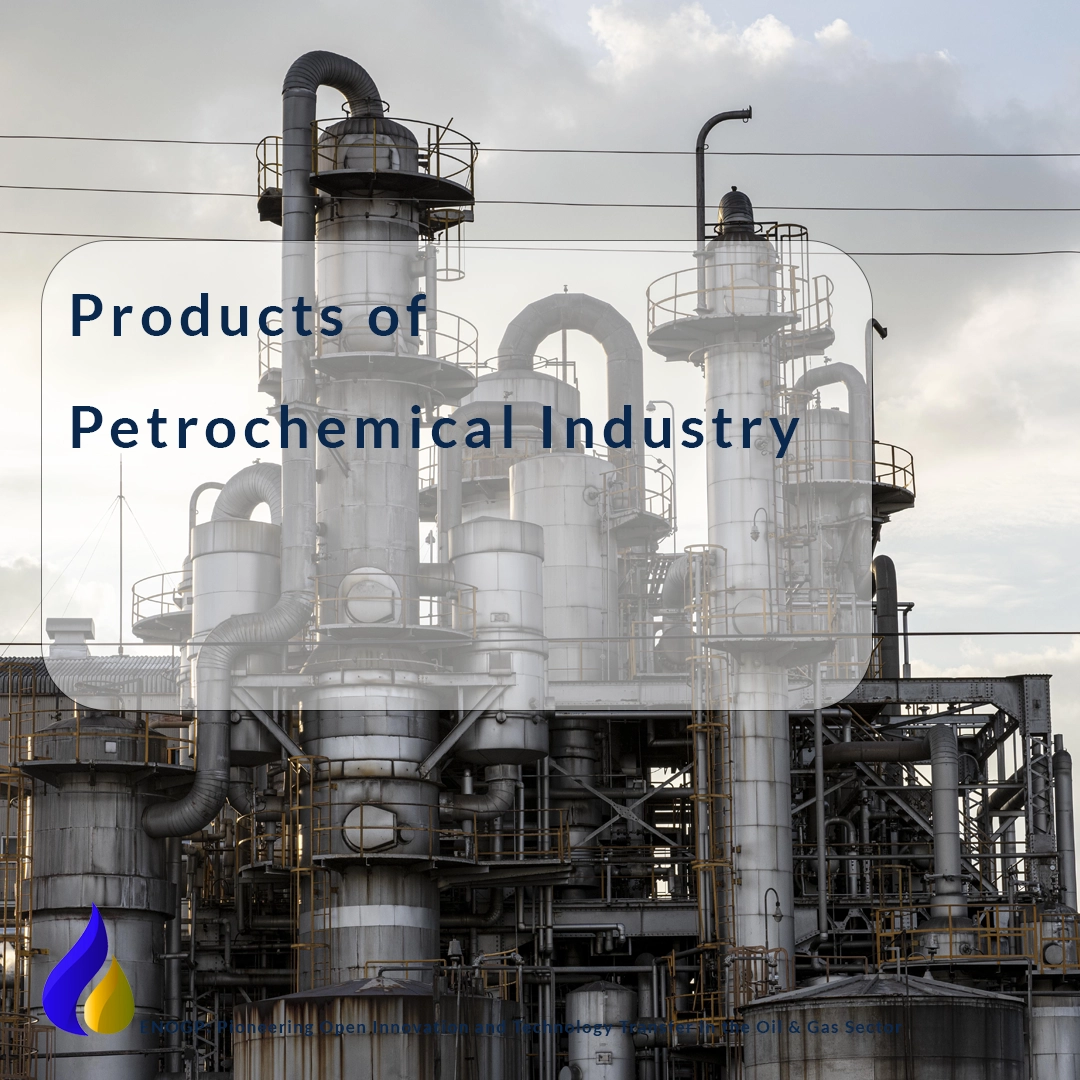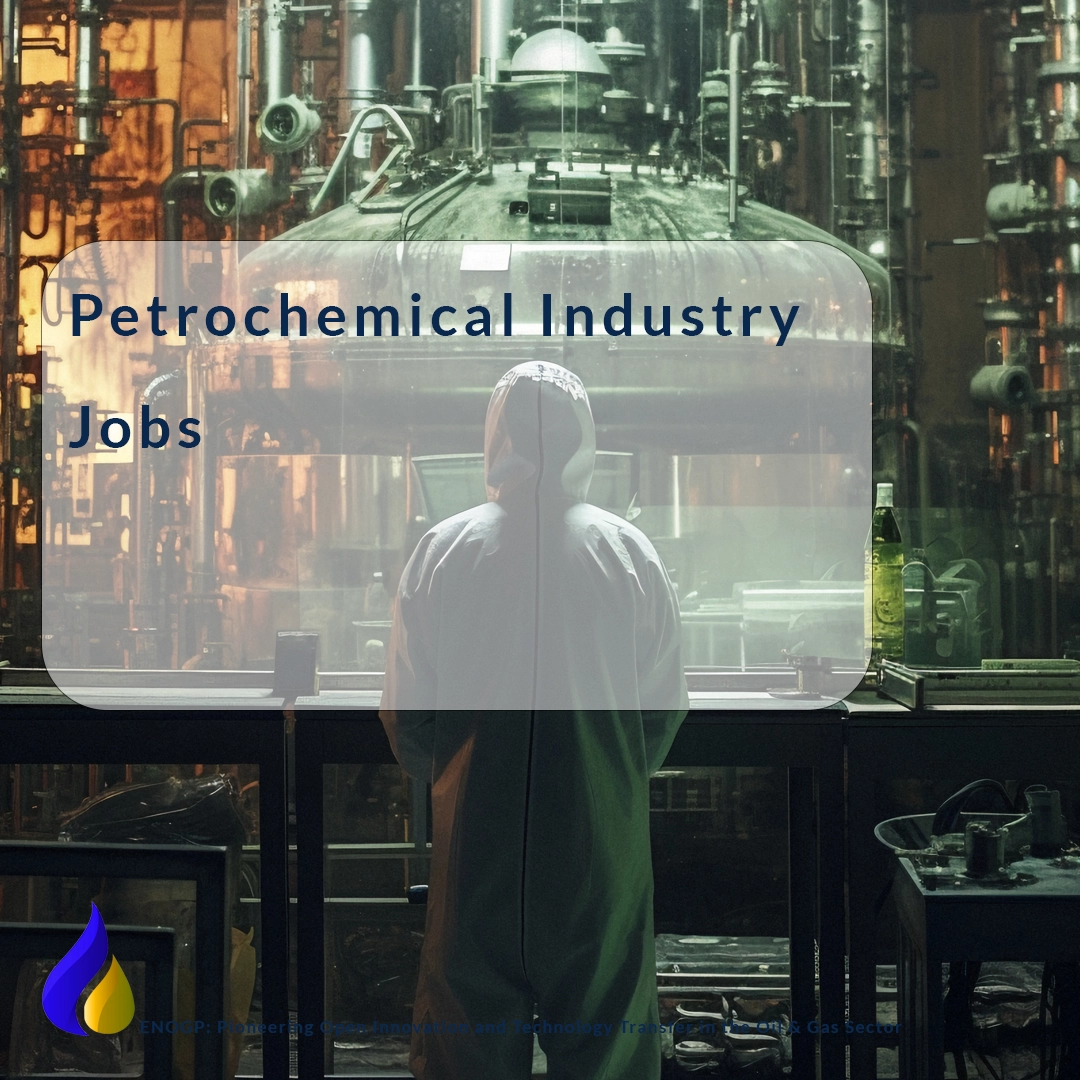The petrochemical industry stands at the crossroads of innovation and necessity, playing a pivotal role in our global economy while simultaneously shaping the future of sustainable development. As the demand for advanced materials and cleaner energy sources rises, the industry is undergoing unprecedented transformations—ushering in breakthroughs that could redefine its trajectory. This article explores the vital contributions of petrochemicals, highlights cutting-edge developments, and examines the sector’s outlook as it braces for 2025 and beyond.
Products of Petrochemical Industry
Petrochemical products are omnipresent in modern life, spanning numerous sectors from agriculture to aerospace. These products, derived primarily from oil and natural gas, form the backbone of thousands of goods essential for daily living and industrial activity.
Key products include:
- Plastics: Polyethylene, polypropylene, PVC, and polystyrene—used in packaging, consumer goods, medical devices, and construction.
- Synthetic fibers: Polyester, nylon, and acrylic used in textiles and apparel.
- Rubber and elastomers: Vital in tire manufacturing and industrial machinery.
- Solvents: Used in paints, adhesives, coatings, and cleaning agents.
- Fertilizers and pesticides: Ammonia and urea production supports global agriculture.
- Detergents and surfactants: Key in hygiene and sanitation products.
- Resins and adhesives: Used extensively in construction and automotive sectors.
The widespread applications of these products underline how indispensable the petrochemical industry is to global supply chains and consumer lifestyles.
Petrochemical Industry Outlook 2025
The global petrochemical market is evolving rapidly, influenced by digital transformation, environmental regulations, and fluctuating energy markets. As we approach 2025, several trends are shaping the industry’s outlook:
- Sustainability and Circular Economy
The push for greener alternatives is pressuring companies to reduce emissions and develop biodegradable plastics or recycle used materials. Technologies like chemical recycling and bio-based feedstocks are gaining traction.
- Digital Transformation
Artificial intelligence, machine learning, and digital twins are revolutionizing operations, enabling predictive maintenance, process optimization, and enhanced safety.
- Emerging Markets Growth
Asia-Pacific continues to lead growth, especially China and India, due to rapid industrialization and expanding middle classes. The Middle East is also investing heavily to become a major export hub.
- Geopolitical Dynamics
Energy security concerns and regional instability can affect feedstock supply and production costs, leading to shifts in trade patterns.
- Carbon Capture and Utilization (CCU)
New breakthroughs in CCU technologies are helping reduce the carbon footprint of production facilities while opening new business models for carbon-based products.
Market Forecast
According to industry forecasts, the petrochemical market is projected to exceed $950 billion by 2025, with a compound annual growth rate (CAGR) of 5-7%, depending on product category and regional development.
Petrochemical Industry Companies
Several multinational corporations dominate the petrochemical landscape, leveraging economies of scale, proprietary technologies, and integrated value chains. Below are some key players driving innovation and market leadership:
- BASF (Germany)
As the world’s largest chemical producer, BASF focuses on sustainability, circular economy models, and expanding its Verbund sites globally.
- SABIC (Saudi Arabia)
SABIC, a subsidiary of Saudi Aramco, is pushing into specialty chemicals and investing in CO₂ capture and recycling technologies.
- Dow (USA)
Dow integrates advanced material science with process optimization and is at the forefront of digital transformation in petrochemicals.
- ExxonMobil Chemical (USA)
A leader in polyethylene production, ExxonMobil is heavily invested in R&D, particularly in advanced recycling technologies.
- LG Chem (South Korea)
Known for its battery materials and petrochemical divisions, LG Chem is diversifying into biomaterials and environmentally friendly polymers.
Other notable companies include LyondellBasell, INEOS, Reliance Industries, Chevron Phillips Chemical, and TotalEnergies. Many of these firms are actively forming joint ventures to enter new markets, expand capacity, and build resilience.
Petrochemical Industry in World
The global footprint of the petrochemical industry is vast, with key production hubs spread across multiple continents. Each region brings unique competitive advantages to the table:
North America
With abundant shale gas reserves, especially in the U.S., North America enjoys low feedstock prices and high export potential. The Gulf Coast is a petrochemical powerhouse, with major investments in ethylene and propylene facilities.
Middle East
Blessed with cheap hydrocarbon feedstock, countries like Saudi Arabia, Qatar, and the UAE are strategically diversifying their economies by investing in downstream petrochemical industries.
Asia-Pacific
This region is the world’s largest petrochemical consumer and producer. China’s dual circulation strategy is boosting domestic production, while India is rapidly developing its chemical infrastructure to reduce import dependence.
Europe
While facing high energy costs, Europe leads in sustainability initiatives and specialty chemicals, setting benchmarks for regulatory compliance and innovation.
Latin America & Africa
These regions are emerging players, with Brazil and Nigeria showing strong potential due to their natural resource bases and growing domestic demand.
Global Collaboration Cross-border partnerships, licensing agreements, and technology transfers are enabling companies to tap into global expertise and reduce risks. For instance, European firms often license their green technologies to partners in Asia and the Middle East.
Innovation and the Role of Research & Technology Companies
Petrochemical research and technology companies are at the forefront of innovation in the industry. Their work includes:
- Developing catalysts for improved chemical conversion
- Innovating energy-efficient refining processes
- Creating biodegradable or recyclable plastic materials
- Enhancing the performance and durability of petrochemical products
- Designing advanced petrochemical equipment for better productivity
These R&D companies are critical in addressing global challenges such as climate change, waste management, and resource scarcity. By enabling more sustainable processes and materials, they drive the transformation of the industry toward a greener future.
Applications of Petrochemical Products in Everyday Life
Petrochemicals are not just essential to industry—they are central to everyday life. Here’s how:
- Packaging: Nearly all plastic packaging comes from petrochemicals.
- Clothing: Synthetic fibers like polyester and nylon are petrochemical-based.
- Automobiles: Tires, interiors, bumpers, and even engine parts rely on petrochemicals.
- Healthcare: Medical gloves, syringes, IV bags, and pharmaceuticals contain petrochemical derivatives.
- Construction: Insulation materials, paints, adhesives, and piping depend on petrochemical inputs.
- Electronics: Petrochemical products are used in casings, circuit boards, and wiring insulation.
This immense versatility is what makes petrochemical products indispensable in the modern world.
Environmental Concerns and the Road to Sustainability
Despite its importance, the petrochemical industry has faced increasing scrutiny due to its environmental impact. Greenhouse gas emissions, plastic pollution, and water usage are some of the major concerns. To address these issues, the industry is making efforts in several areas:
- Circular economy: Promoting recycling and reuse of materials.
- Carbon capture: Capturing and storing CO₂ emissions from refineries.
- Bio-based feedstocks: Exploring renewable sources such as biomass and algae.
- Digitalization: Using AI and IoT for smarter, cleaner operations.
Innovative petrochemical research and technology companies are instrumental in developing these new solutions, collaborating with governments and industry leaders to build a more sustainable future.
Future Outlook: Challenges and Opportunities
The future of the petrochemical industry is both promising and challenging. Here are some key trends shaping the industry:
a. Growth in Emerging Markets
Demand for petrochemical products is expected to surge in Asia, Africa, and Latin America due to urbanization, population growth, and rising incomes.
b. Shift Toward Specialty Chemicals
Companies are increasingly moving toward high-margin specialty petrochemicals, which offer better performance and applications in advanced technologies.
c. Technological Advancements
Artificial intelligence, automation, and big data analytics are revolutionizing how petrochemical companies operate. Digital twins, predictive maintenance, and smart petrochemical equipment enhance efficiency and safety.
d. Policy and Regulation
Stricter environmental laws will compel companies to invest in cleaner technologies and adhere to more transparent sustainability practices.
8. The UAE and the Petrochemical Boom
Countries in the Gulf region, especially the UAE and Saudi Arabia, are making significant investments in petrochemicals. The UAE, for example, is focusing on becoming a hub for innovation and sustainability in this sector. Several petrochemical companies are collaborating with international research and technology firms to establish joint ventures, technology parks, and open innovation platforms.
Petrochemical Industry Jobs
The petrochemical sector offers a wide array of career opportunities, attracting talent from engineering, chemistry, IT, and business backgrounds. With digital transformation and ESG mandates gaining prominence, the job landscape is diversifying.
Traditional Roles
- Chemical Engineers: Design and optimize processes.
- Process Technicians: Operate plant equipment and ensure safety.
- Maintenance Engineers: Keep production units running efficiently.
- Project Managers: Oversee plant construction and expansion.
- Quality Control Specialists: Maintain product standards.
Emerging Roles
- Data Scientists & AI Specialists: Analyze operational data for predictive maintenance and performance improvements.
- Sustainability Officers: Develop and implement green initiatives.
- Automation Engineers: Integrate robotics and smart systems into production lines.
- Circular Economy Analysts: Explore recycling strategies and life-cycle assessments.
- Environmental Compliance Officers: Ensure adherence to regulations.
The industry is becoming more inclusive and interdisciplinary, encouraging STEM education and offering graduate programs, apprenticeships, and training modules to upskill professionals.
Conclusion: Embracing a Bold Future
The petrochemical industry is more than a supplier of materials—it is a cornerstone of modern civilization. As it embraces a future shaped by sustainability, technology, and globalization, its breakthroughs promise solutions to some of the world’s most pressing challenges.
From bio-based polymers to AI-driven operations, and from global alliances to localized innovations, petrochemicals are evolving not just to meet demand, but to redefine it. The critical importance of this industry cannot be overstated—nor can its bold, transformative future be ignored.
Discover how ENOGP is shaping the future of the petrochemical industry — explore innovative solutions today at enogp.com.





